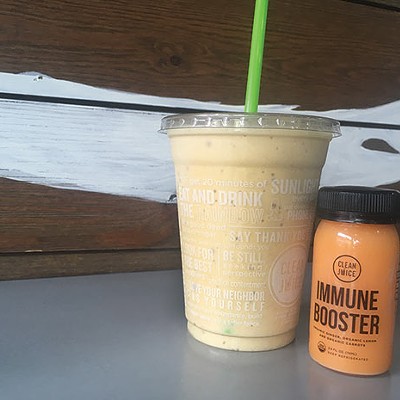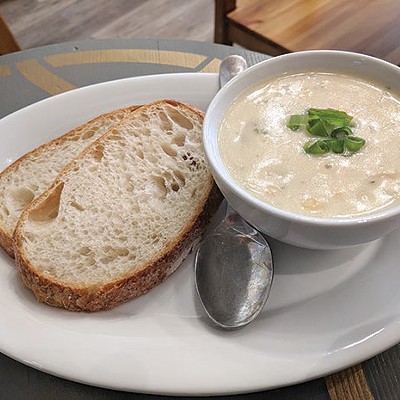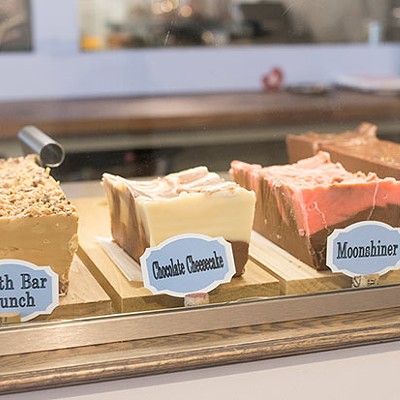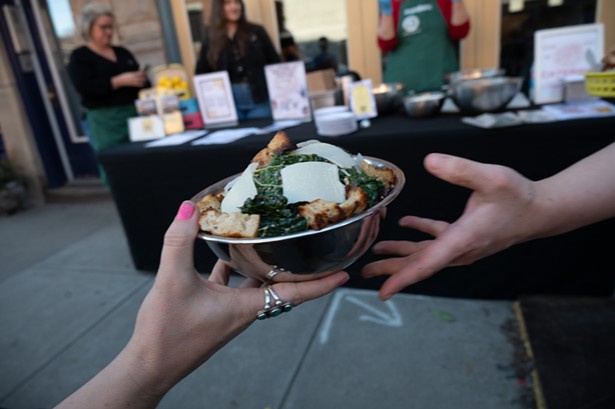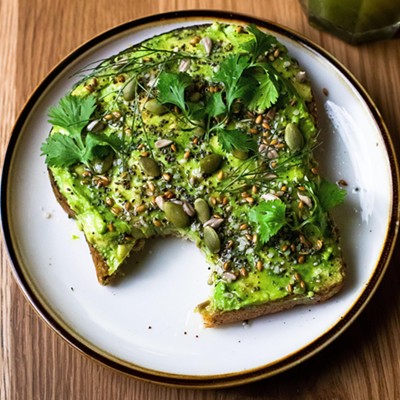This year's vegetable-garden roulette produced minimal potatoes, but plenty of beets. We'd never grown beets before, but some of them came up softball-sized. There's nothing quite like this root vegetable's dense magenta flesh and its hefty feel in your hand.
Beta vulgaris is quite nutritious: high in folic acid, manganese, potassium and vitamin C. But cooking beets is said to diminish such nutrients. Thus, beets are arguably best raw, and they're especially amenable to juicing.
While I prefer carrot juice, beets are better in one important way: They're actually juicy. A big one processes down to a decent-sized glass of liquid all by itself. Leave on the rough, scaly skin, which contains much of the nutrition (as is true for many vegetables). And while I haven't tried it, you can also juice beet greens, which are also very healthful. (They sautée up nicely too.)
Good juicing partners for beets include the aforementioned carrots, ginger and, for a kick, a clove or two of garlic.
Watch out for "beeturia," the reddening of the urine that some experience after consuming beets; it looks scary, but is harmless. And find something constructive to do with the shredded stuff left in the juicer. Compost it, at least, but also try saving it as snack food. Beet tailings might look like something you'd feed a pig, but they're low-cost, low-calorie and high-fiber, and they're another way to enjoy that earthy, slightly sweet beet flavor.


